“The Righteous,” another world premiere from the festival, is likely the fest’s most Bergman-y movie this year, given how its black-and-white cinematography and utterances about fearing God echo shots in “The Virgin Spring” and “Winter Light.” Those are incredible films of course, and it becomes exciting to see a movie—regardless of the festival it’s playing in—amp up their DNA for psychological horror, albeit unfolding mostly through conversations at a dinner table.
Henry Czerny gives a rich, tormented performance in the movie as Frederic, a man with a complicated past. He used to be a priest, for one, but left that path and married later in life. “The Righteous” catches him right after a tragedy, in which his daughter—who we learn shortly was adopted—was killed in a shattering incident. He prays on it, and sits in his countryside home with his wife Ethel (Mimi Kuzyk) that he loves. Their scenes together, brief moments of peace in a movie that finds chaos in silence, are warming, and totally endearing.
A man named Aaron suddenly appears in their yard, with a bad leg. He’s in pain, he needs help. Where he came from, what he was doing, who he really is, all of it becomes a question. With writer/director Mark O’Brien playing into the unease of an uninvited guest, the man is able to convince the couple to let him stay the night. He becomes bad with boundaries, he contradicts himself. There’s too little of a plot to these moments, but the pushiness becomes its own feeling. As Aaron sits with Frederic, going from houseguest to forceful therapist, he starts to pull and push at darker parts of Frederic, and then offers him a type of twisted salvation.
Writer/director Mark O’Brien casts himself as Aaron, an emphasis of the movie’s startling “where the hell did you come from energy?” In this debut, it becomes apparent his emotional control, in patiently building suspense through dialogue and calm performances in which single tears drop from their faces while they bare their souls. If the script is a little too narrow with its ideas, or on-the-nose with some dialogue that breaks the storytelling’s spell, it at least displays an ambitious leader of performances and someone with ideas that continue the conversations from Bergman’s best. It’s a more tactful Bergman homage than Paul Schrader’s unabashed rip-off “First Reformed,” and it should play well with the same type of viewers who enjoy pondering the all-encompassing, terrifying power of God.
You can view the original article HERE.


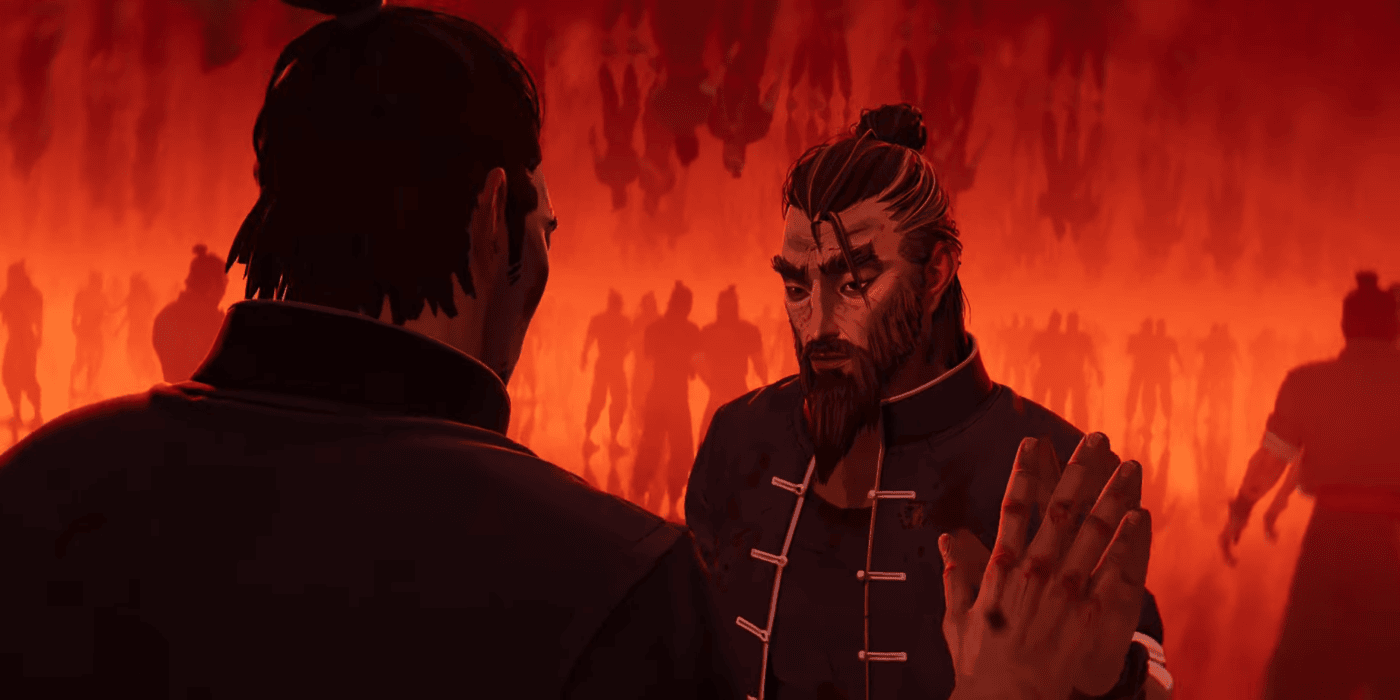



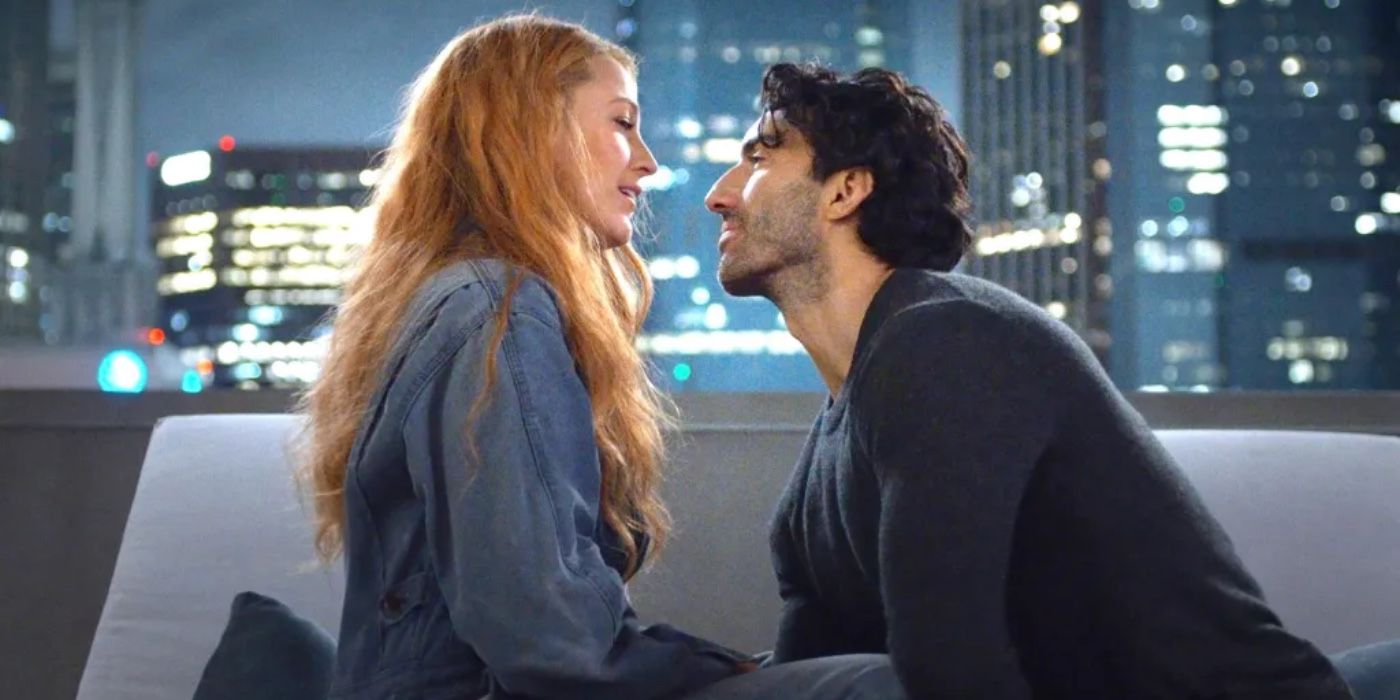
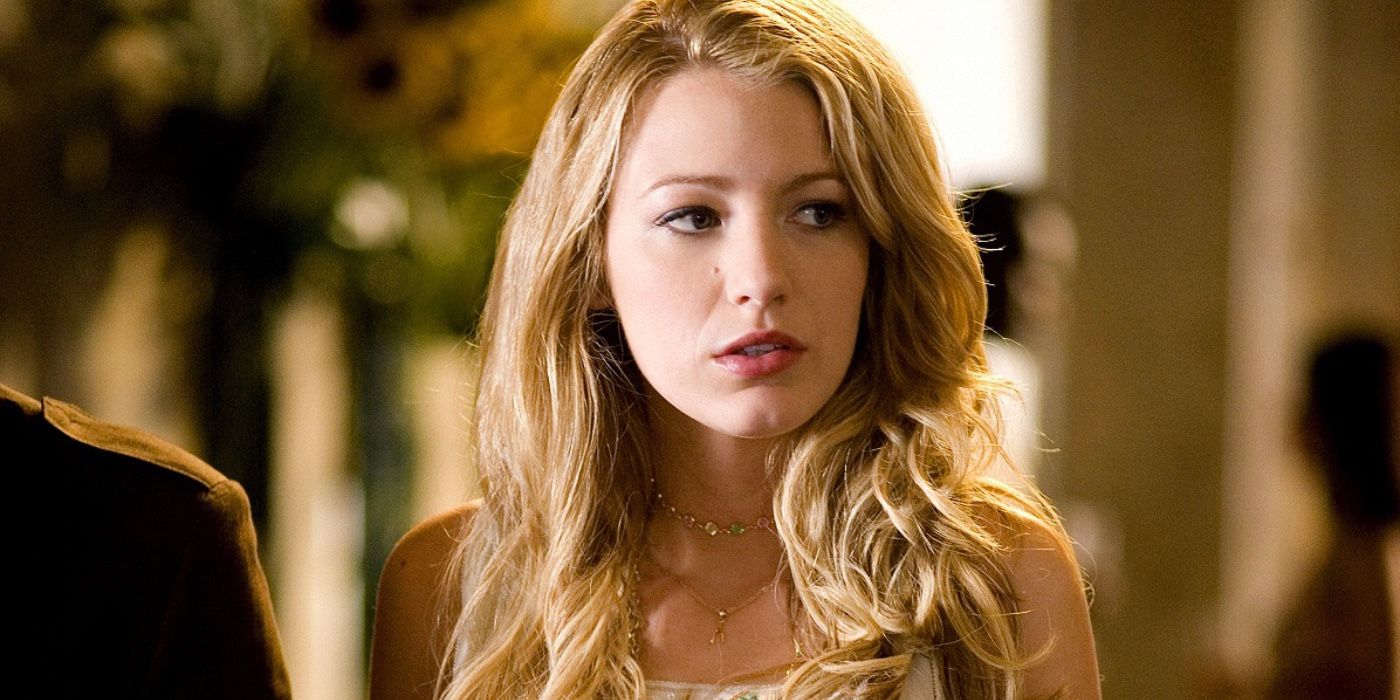


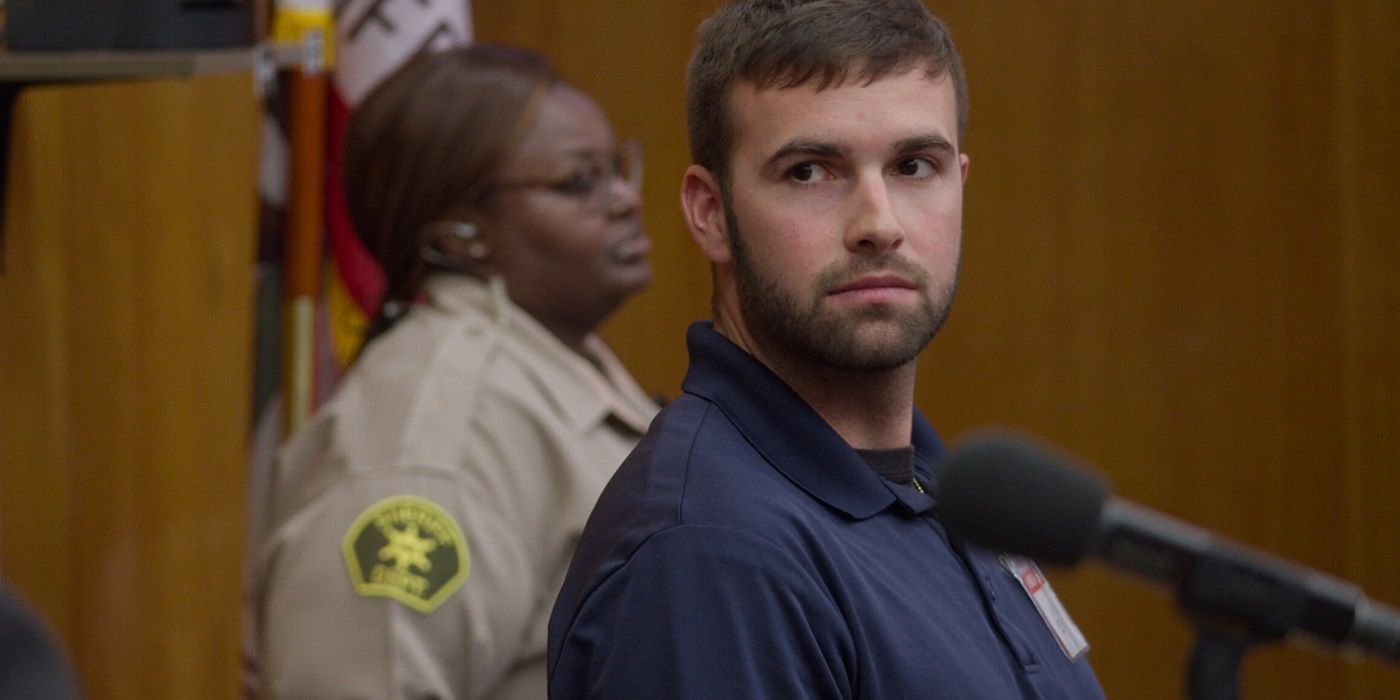


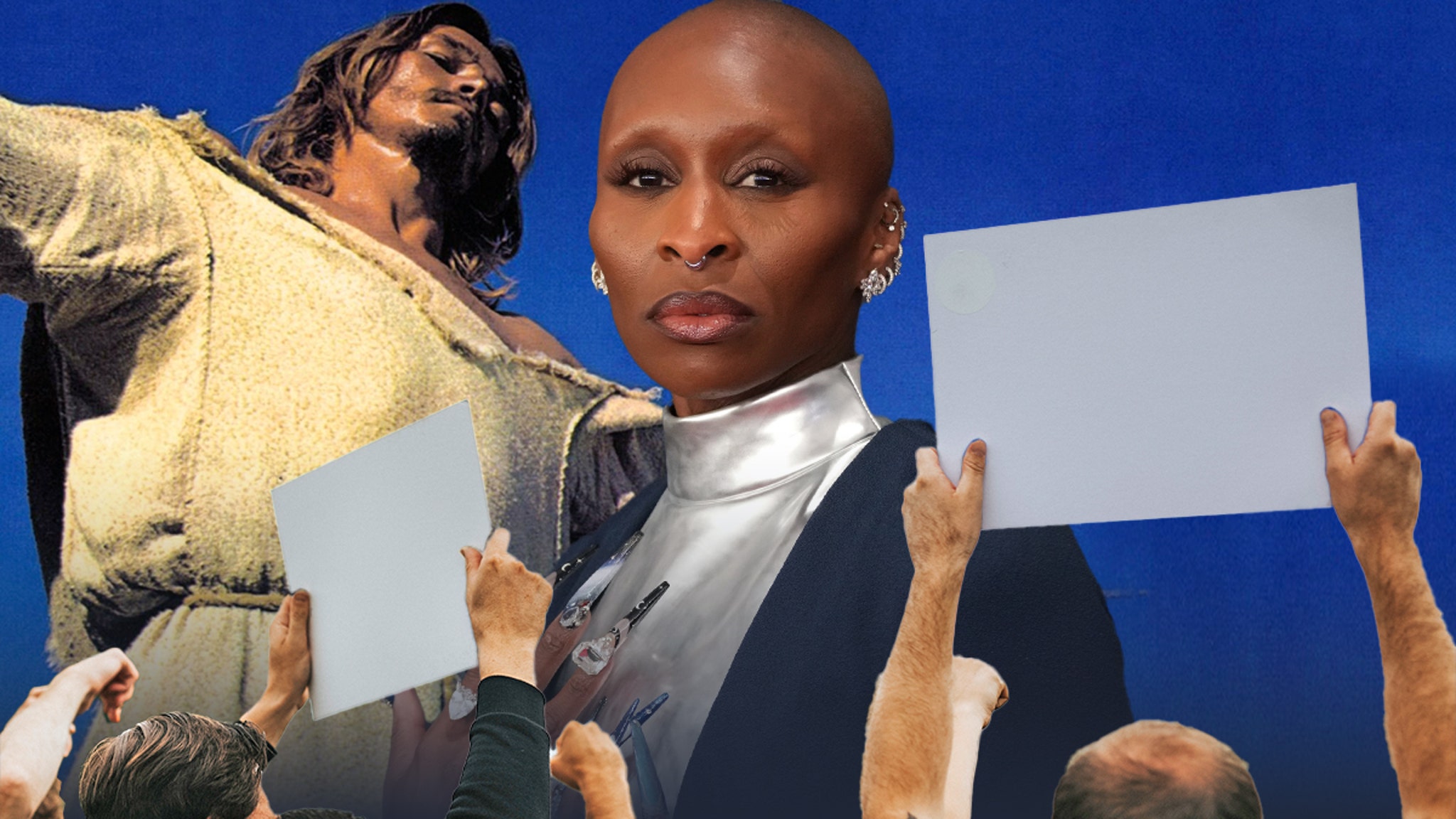
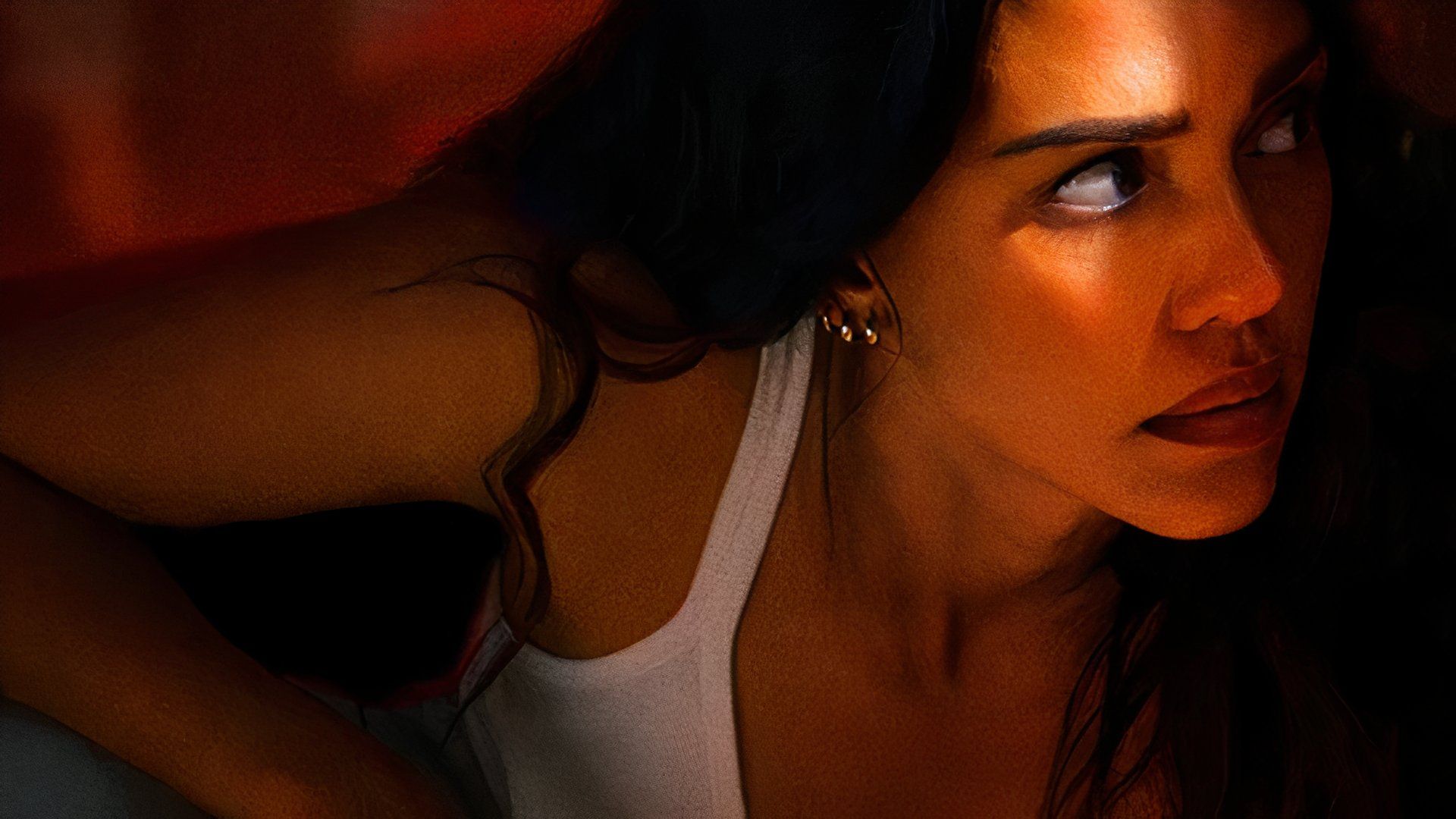
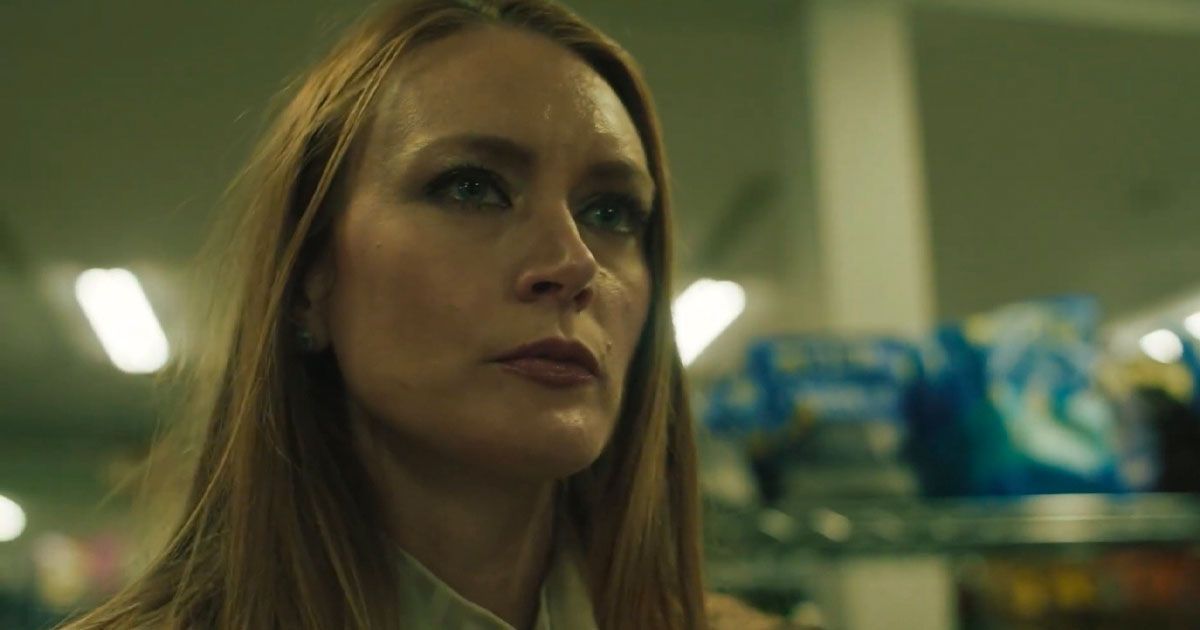






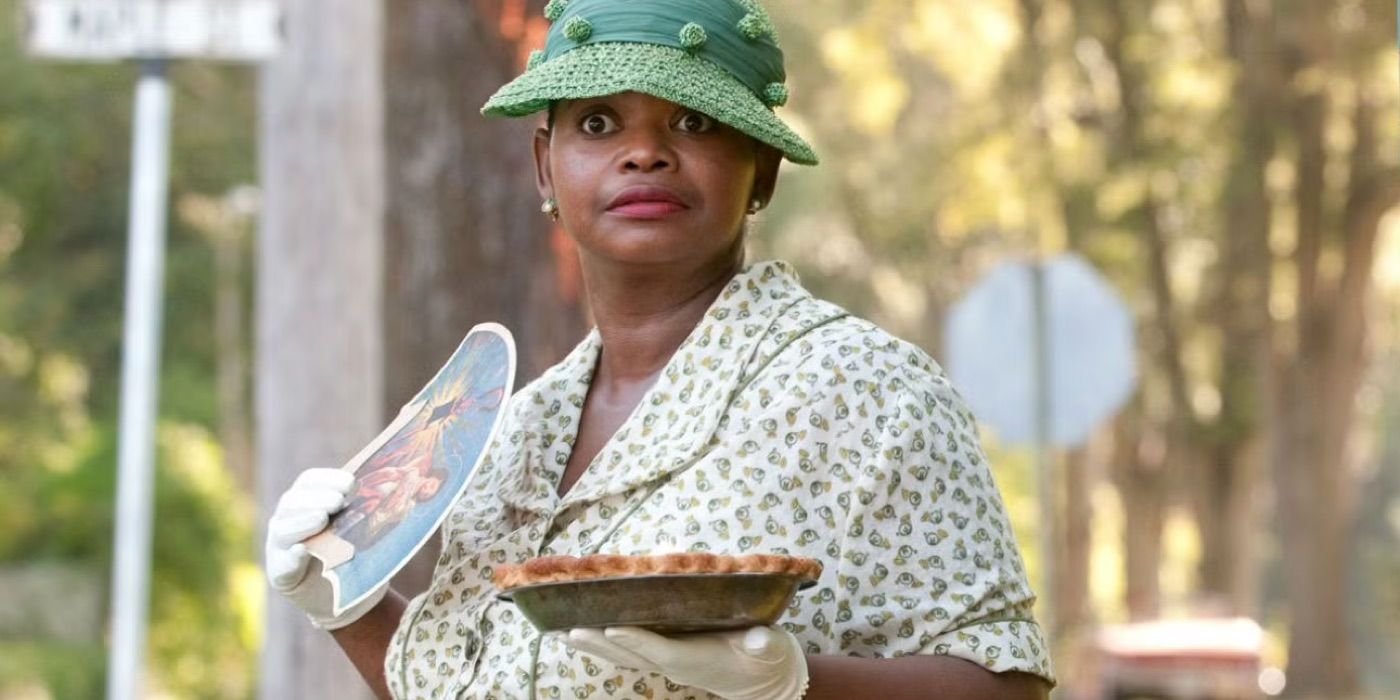



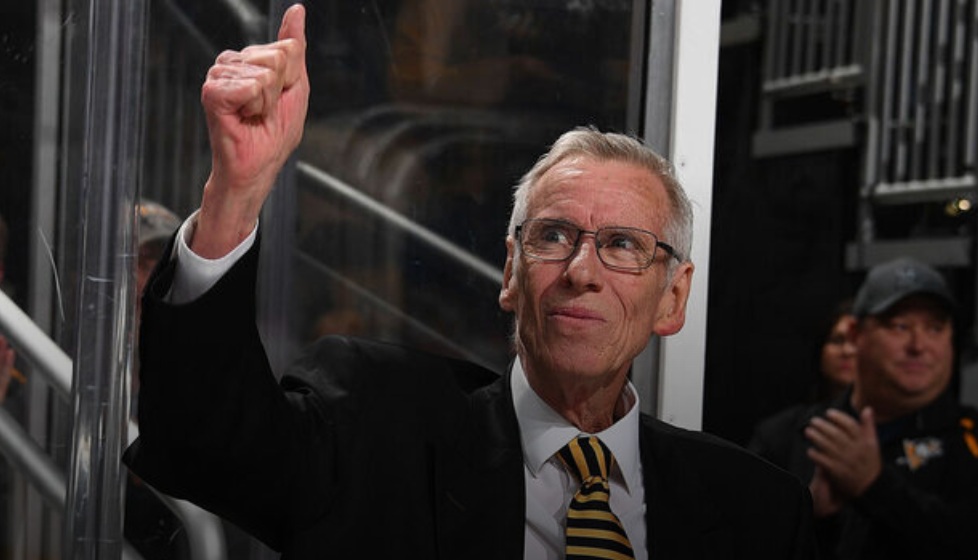



:quality(85):upscale()/2024/10/23/805/n/1922564/3c7878ba67193e463ea470.81388103_.png)